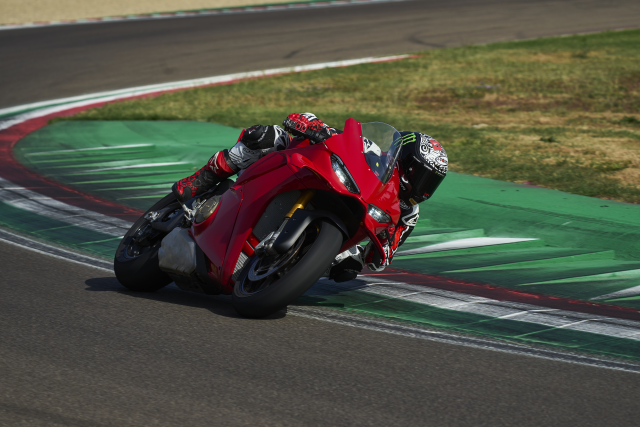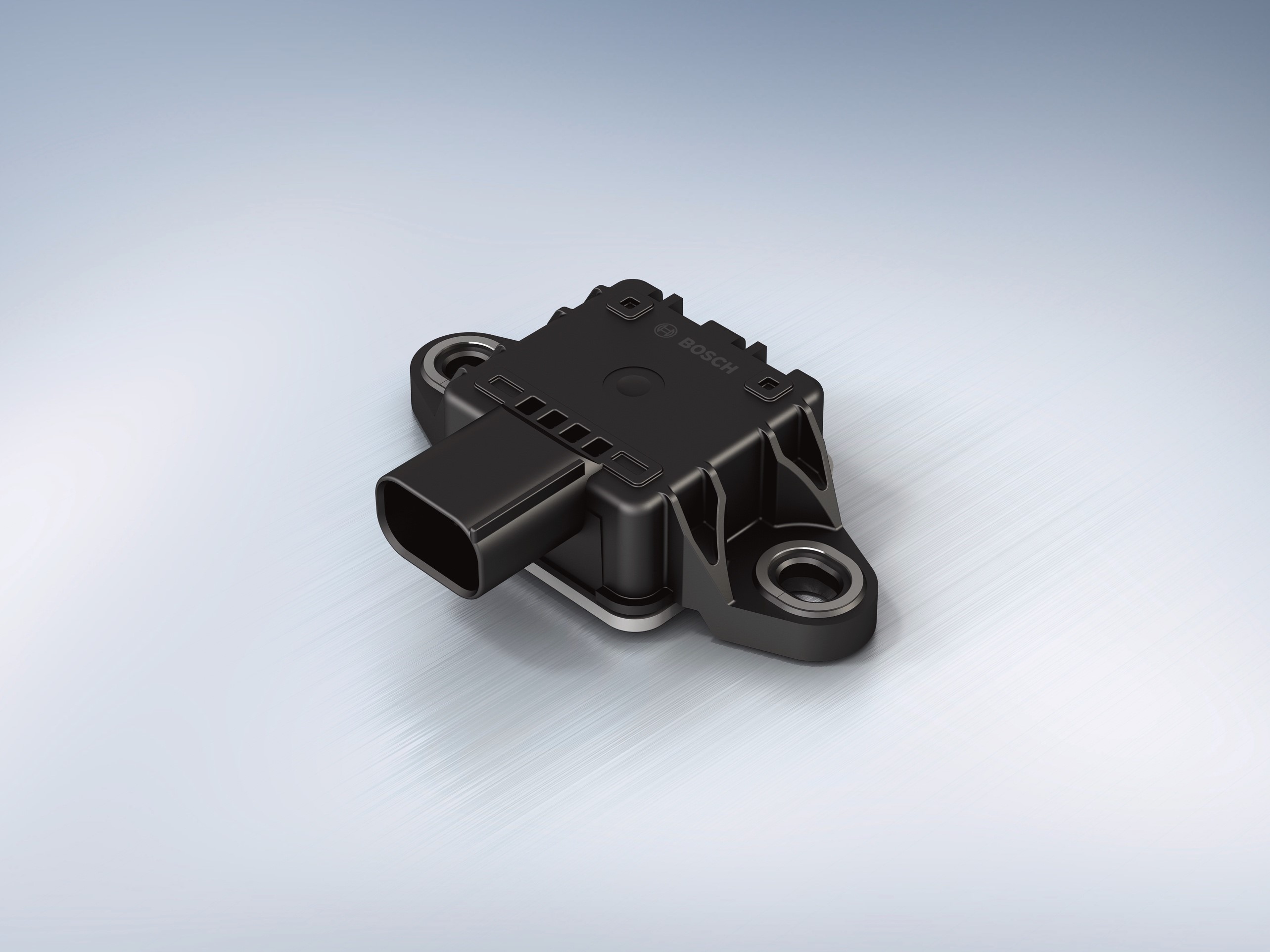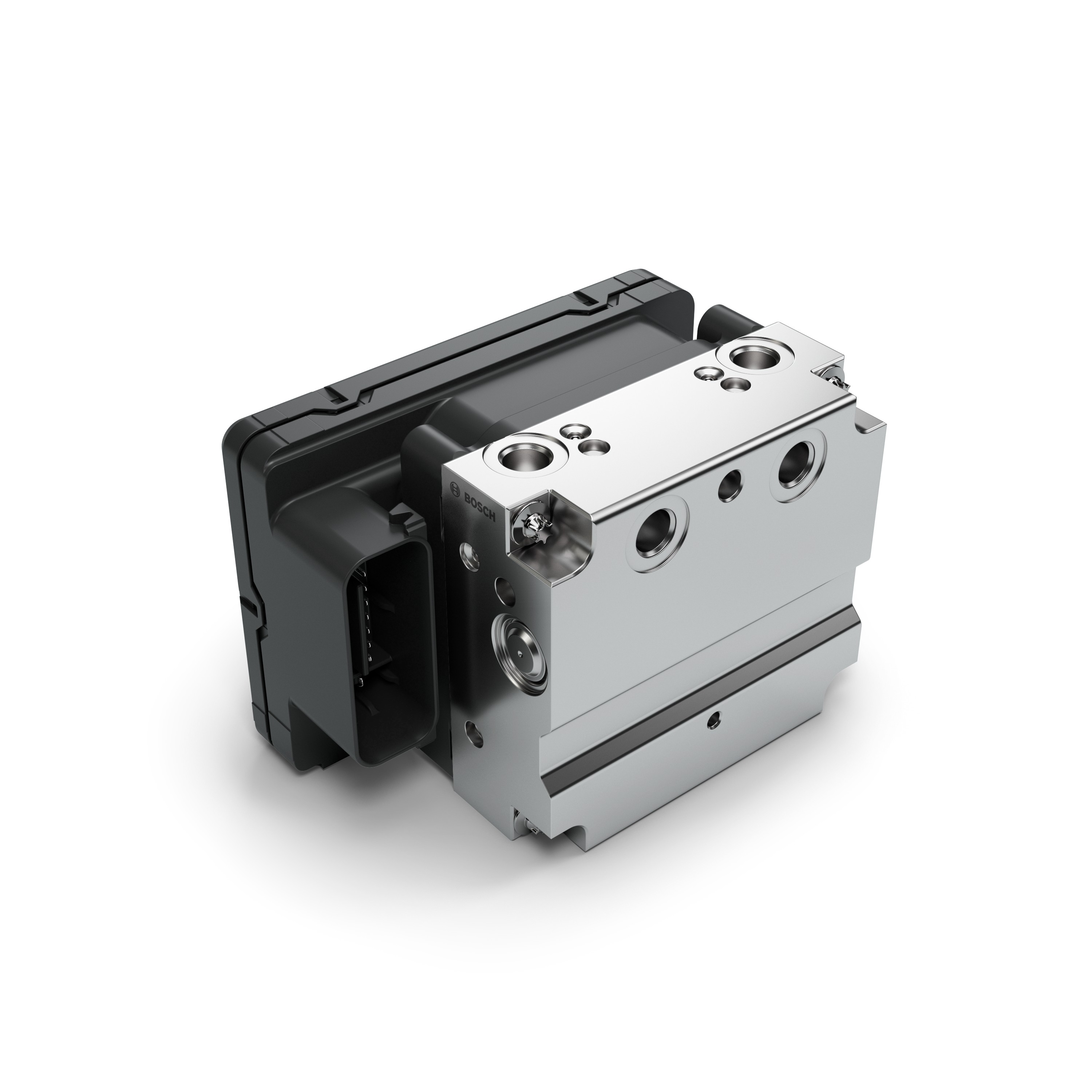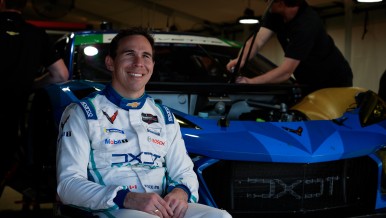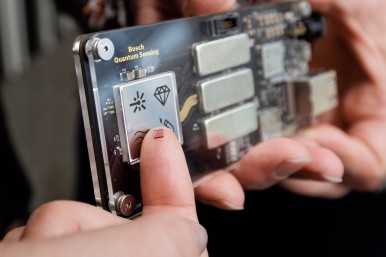Stuttgart, Germany, and Misano, Italy – Gaining a few more seconds on corners, bettering the previous lap time, and delivering an outstanding performance – that’s what most riders on the racetrack have in their sights. But all this involves challenges. One of the biggest is the phase before entering the corner, where braking is crucial for success. With its new race eCBS, Bosch is delivering a solution specifically for the racetrack. Based on the proven eCBS, the new brake system will celebrate its premiere on the new Ducati Panigale V4 at World Ducati Week 2024 in Misano. “The Bosch and Ducati Engineering teams have worked very intensively and in numerous tests on a function that specifically improves racetrack braking and cornering performance,” says Fevzi Yildirim, head of Bosch Two-Wheeler and Powersports in Europe. “The Bosch race eCBS takes the safety and performance of sport motorcycles a big step forward, and is also further evidence of the ongoing fruitful cooperation between Bosch and Ducati.”
Contact person for press inquiries:
Anna Schmatz
Phone: +49 711 811-12715
E-Mail: anna.schmatz@de.bosch.com
Mobility is the largest Bosch Group business sector. According to preliminary figures, it generated sales of 55.9 billion euros in 2024, and thus contributed around 62 percent of total sales. This makes the Bosch Group one of the leading mobility suppliers. Bosch Mobility pursues a vision of mobility that is safe, sustainable, and exciting. For its customers, the outcome is integrated mobility solutions. The business sector’s main areas of activity are electrification, software and services, semiconductors and sensors, vehicle computers, advanced driver assistance systems, systems for vehicle dynamics control, repair-shop concepts, as well as technology and services for the automotive aftermarket. Bosch is synonymous with important automotive innovations, such as electronic engine management, the ESP anti-skid system, and common-rail diesel technology.
The Bosch Group is a leading global supplier of technology and services. It employs roughly 417,900 associates worldwide (as of December 31, 2024). According to preliminary figures, the company generated sales of 90.5 billion euros in 2024. Its operations are divided into four business sectors: Mobility, Industrial Technology, Consumer Goods, and Energy and Building Technology. With its business activities, the company aims to use technology to help shape universal trends such as automation, electrification, digitalization, connectivity, and an orientation to sustainability. In this context, Bosch’s broad diversification across regions and industries strengthens its innovativeness and robustness. Bosch uses its proven expertise in sensor technology, software, and services to offer customers cross-domain solutions from a single source. It also applies its expertise in connectivity and artificial intelligence in order to develop and manufacture user-friendly, sustainable products. With technology that is “Invented for life,” Bosch wants to help improve quality of life and conserve natural resources. The Bosch Group comprises Robert Bosch GmbH and its roughly 470 subsidiary and regional companies in over 60 countries. Including sales and service partners, Bosch’s global manufacturing, engineering, and sales network covers nearly every country in the world. Bosch’s innovative strength is key to the company’s further development. At 136 locations across the globe, Bosch employs some 86,900 associates in research and development, of which nearly 48,000 are software engineers.
Additional information is available online at www.bosch.com, www.iot.bosch.com, www.bosch-press.com.

